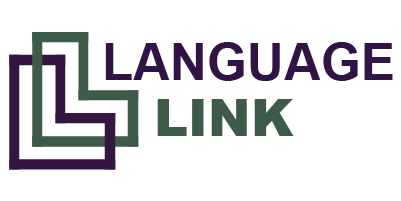A problem is anything which deviates from, or causes a deviation from, a standard of optimal performance. Problem-analysis and decision-making are co-extensive, deliberative processes, which centre on an actor’s ability 1) to diagnose and classify problems; 2) to develop and communicate alternative, workable solutions and 3) to implement chosen corrective actions that secure or restore desired levels of efficiency and functionality. In this highly interactive course, participants will learn the means and ends of problem-solving and decision-making through a mixture of group work, role-playing and the detailed analysis of relevant case studies. The aim of this course is to develop the participants’ ability to identify different types of problems and to engineer and deploy problem-solving strategies that are appropriate to the particularities and organisational context of the situation.The programme includes:
Participants will learn how to:
Who should attend?
Contact us on 061 502342 or info@languagelink.ie

